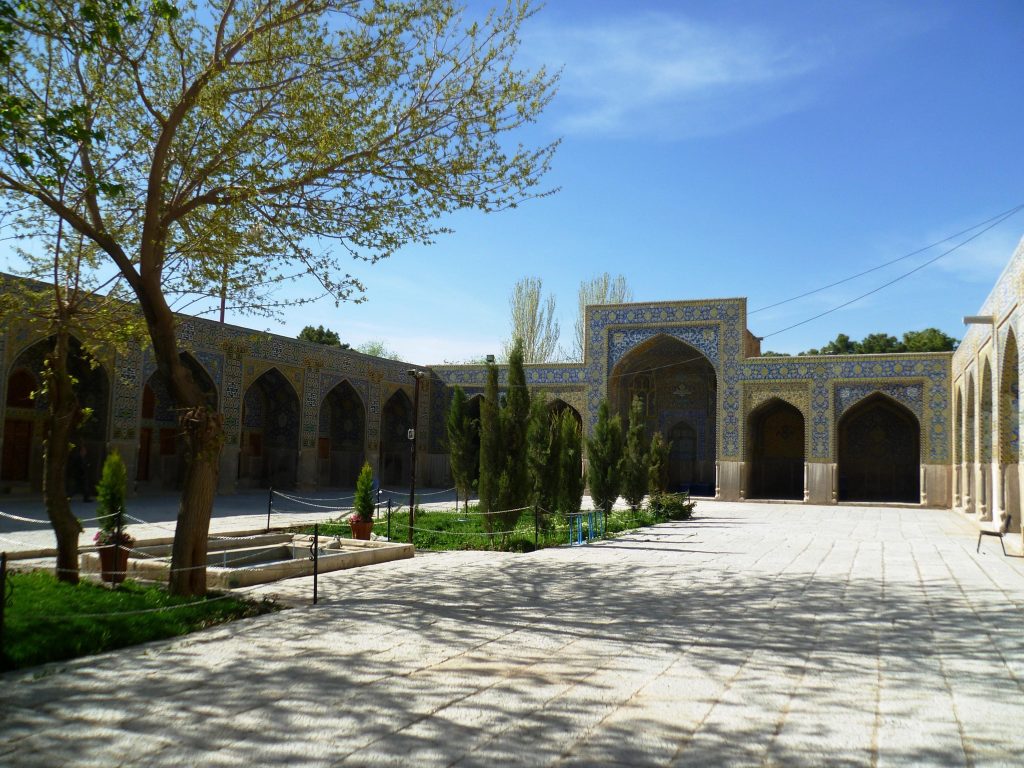
Importance of Marjaeyat in Shi’ism

A brief history and the theme of religious authority
Marjaeyat in Shi’ism can be studied based on the idea that the specific understanding of religious and spiritual authority around the family of the Prophet and the Imams is a salient feature of Shi‘ism and its different articulations. Twelver Shi‘ism, in particular, developed a specific form of clerical authority called marjaeyat in shi’ism, that not only distinguishes it from Sunni patterns of religious authority but also contributed to the rise of transnational Shi‘a networks. Twelver Shi‘ism possesses more formalized structures of religious authority. Every lay Shi‘ite needs to follow the religious guidance of a senior cleric and emulate his edicts. These clerics are referred to as grand ayatollah (ayat allah al-‘uzma) or ‘source of emulation’ (marja‘ al-taqlid).
Functions:
The more formalized structures of religious authority in Twelver Shi‘ism and the location of specific centers of authority have given Shi‘a clerical networks a transnational or – prior to the formation of nation states – a trans-local character. The most important seminary institutions (hawza) of Twelver Shi‘ism are based in the shrine cities of Iraq and Iran, in Najaf and Qom, which also host the most senior clerical authorities of Twelver Shi‘ism. Emulating a particular senior cleric not only entails following his religious edicts and teachings but also paying religious taxes (khums) to him. As channels of communication between their followers and for the collection of religious taxes, senior clerics run a network of representatives (wakil, pl. wukala’) who act as their agents in particular localities across the world and as members of a particular clerical network ensure its transnational reach. Shiite authorities have usually had a strong influence on people, and sometimes their views or statements about social, political, and cultural issues have led to movements among their followers.
The most senior and most widely followed cleric in contemporary Twelver Shi‘ism is Iranian-born Grand Ayatollah Sayyid ‘Ali Sistani (b. 1930) who was trained and is based in Najaf and heads a network spanning the entire globe.
Taken from SHI‘A MINORITIES IN THE CONTEMPORARY WORLD, MIGRATION, TRANSNATIONALISM
AND MULTILOCALITY,
By: Oliver Scharbrodt and Yafa Shanneik, 2020, EDINBURGH University Press